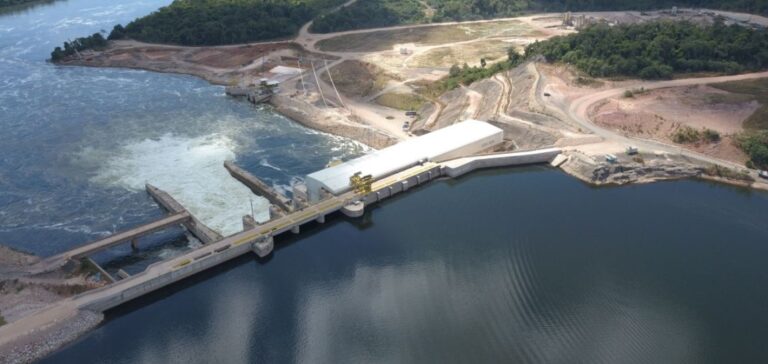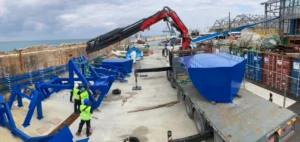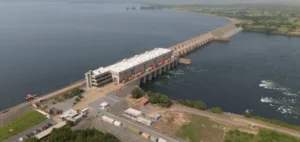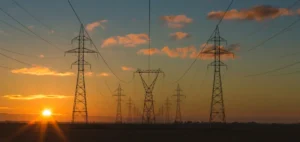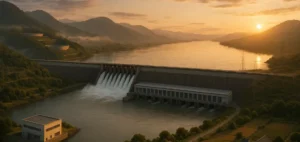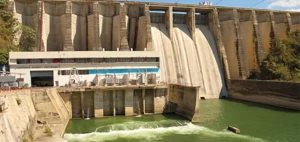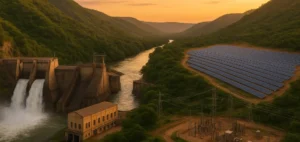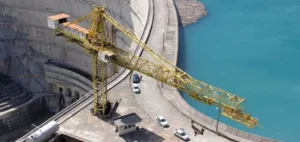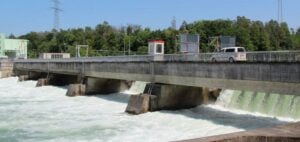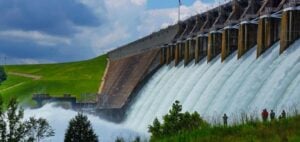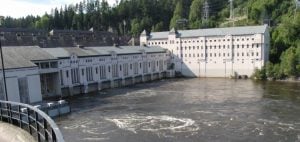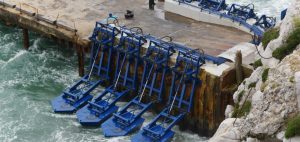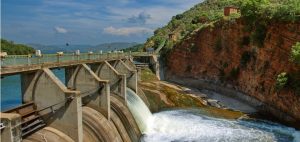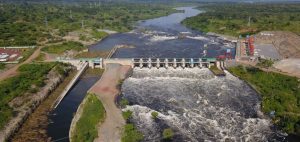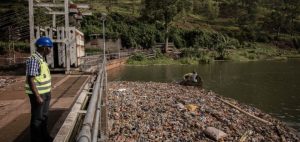Representatives of the main companies in the Brazilian hydroelectric sector have delivered an open letter to the Minister of Mines and Energy, Alexandre Silveira, with recommendations to unblock the development of the country’s hydroelectric production. This initiative was taken during a meeting between the International Hydropower Association (IHA) and companies from the Brazilian hydropower sector in Rio de Janeiro, on February 13, 2023. The recommendations consist of exploring medium-sized hydro projects, upgrading existing hydro plants and regulating repowering. Industry players say they are ready to contribute to the development of a sustainable, modern and affordable electrical energy system.
Recommendations from the Brazilian hydroelectric sector
Representatives of the main companies in the Brazilian hydroelectric sector have prepared an open letter containing recommendations considered to be a priority to unblock the development of hydroelectric production in the country.
The paper discusses the scarcity of new large and medium-sized hydroelectric projects in Brazil and lists measures that could contribute to the resumption of the segment’s expansion. The Brazilian hydroelectric sector recommends taking advantage of the development potential of medium-sized projects. With less complex environmental licensing requirements, these projects could boost the segment and secure renewable energy supplies for the country’s generating capacity expansion.
The Brazilian hydroelectric sector also advocates the modernization of existing hydroelectric plants. This modernization could potentially generate an increase in the installed capacity of 51 plants that have been in operation for more than 30 years, thus contributing to a significant energy gain. The document recalls that this opportunity had already been mentioned in studies by the Power Research Company (EPE).
Finally, the Brazilian hydroelectric sector wants clear regulations for repowering. This regulation would allow, to the extent possible, the installation of more turbines in existing plants. This would be essential for the exploitation of greater power output and for future expansion.
Brazil’s hydroelectric potential
Brazil is a country with a strong position in hydroelectric production in South America. Indeed, of the more than 70 GW of hydroelectric capacity in this region, a large part is located in Brazil, and has been operational for more than 30 years. This advantage represents a golden opportunity for the modernization of existing units, as well as for the creation of new medium-sized plants. International Hydropower Association (IHA) Executive Director Eddie Rich says he is ready to help develop a sustainable, modern and affordable electric power system.
Industry Leaders’ Perspectives
For Gil Maranhão, ENGIE’s Director of Communications and Corporate Responsibility and a member of the IHA Board of Directors, it is important to resume investment in this energy source in order to diversify the alternatives for electricity supply. Brazil already has one of the cleanest electricity matrices in the world thanks to its hydroelectric plants. It is therefore essential to continue to invest in the development of this modality to ensure the security of the system, while allowing the growth of other renewable sources such as wind and solar.
Adriana Waltrick, CEO of SPIC Brasil, considers the regulatory discussions on repowering of hydroelectric plants to be fundamental. The objective is to propose regulations that allow, as far as possible, the installation of more turbines in existing power plants. This is the case of the São Simão hydroelectric plant, which is currently undergoing a complete renovation, digitalization and modernization for its 45th year. The more digitized hydroelectric plants become, the more power output can be harnessed, paving the way for future expansion.
For Cláudio Trejger, CEO of GE Renewable Energy’s Hydro Division in Latin America, the scenario is very promising for hydroelectric generation to take an even more relevant profile in Brazil’s national electric power sector. There are great opportunities for the construction of additional hydroelectric plants in Brazil, which will bring more flexible and sustainable energy to the entire national grid. The advanced technologies available for investment in existing hydroelectric plants can reduce costs and optimize operations to produce more reliable, competitive, and cleaner energy in the country.

